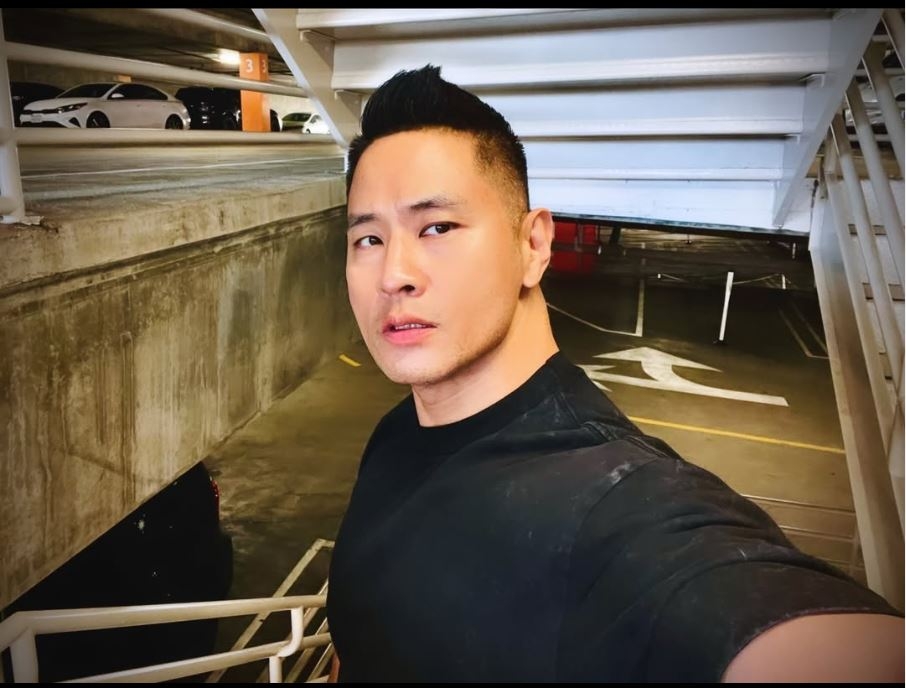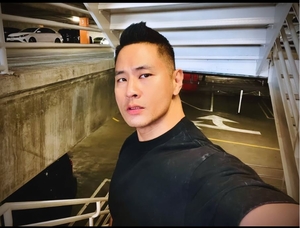Court says letting former pop star back in would likely not harm public interest, but doesn’t lift 23-year-old entry ban
 Steve Yoo’ (Steve Yoo’s Instagram)
Steve Yoo’ (Steve Yoo’s Instagram) The Seoul Administrative Court on Thursday ruled in favor of Korean American singer Steve Yoo, also known as Yoon Seung-joon, in a case to challenge the South Korean government’s decision not to issue him a visa to enter the country.
The court ruled against the South Korean Consulate General in Los Angeles’ refusal to issue an F-4 visa for overseas Koreans to Yoo, rejecting officials’ claims that denying Yoo’s entry is necessary for the public good. Yoo evading military service in 2002 by renouncing his Korean citizenship resulted in him being banned from entering South Korea, a decision that he has challenged on three different occasions in court.
“It cannot be considered that Yoo’s actions and words could inflict damages upon the safety of Korea, maintaining order and diplomatic relations. … Yoo’s (rights) are being infringed upon on a larger scale, compared to the public interest that could be gained from banning his entry,” the court said in its ruling.
The decision, the court noted, does not imply that Yoo’s past actions can be justified. “Even if Yoo is allowed into Korea, (the court) believes his presence and actions would not inflict damages on the safety of the country or its interest, considering the maturity of the Korean public.”
Third win for Yoo, but no guarantee for his entry
The recent decision keeps in line with those in previous lawsuits launched by Yoo in 2015 and 2020, both of which he technically prevailed in the final rulings issued by the Supreme Court. The latest legal challenge targeted not only the LA consulate like the two previous cases, but also the entry ban imposed by the Ministry of Justice in 2002.
Yoo claimed that the ministry’s entry ban, on grounds of the consulate’s refusal to issue a visa for him, was invalid. But Thursday’s ruling rejected his request to determine the validity of the entry ban, saying it is not up to the court to decide on the matter.
The F-4 visa that Yoo seeks is issued to foreign nationals of Korean descent who either had South Korean nationality in the past or have at least one parent or grandparent who was South Korean. Law dictates that a Korean man who formally renounced his South Korean nationality without performing Korean military service cannot be issued an F-4 visa until he turns 41 years old, after which he should presumably be eligible. Yoo is 48 years old.
The entry ban, an administrative decision made by the Ministry of Justice, was imposed on the Immigration Act, specifically a clause that says a person likely to harm the interest and public security of South Korea may be banned from entering the country. While Thursday’s ruling did not overrule the ministry’s discretion to impose the ban, it did acknowledge that Yoo entering South Korea would not likely harm the interest of the country.
Yoo had been among the most beloved pop stars in the Korean music scene before 2002, when he left the country under the false promise to state authorities that he would come back and commence his compulsory military service that is required of all able-bodied South Korean men. Upon entering the US, where his family had lived and still do, he acquired US citizenship.
minsikyoon@heraldcorp.com
